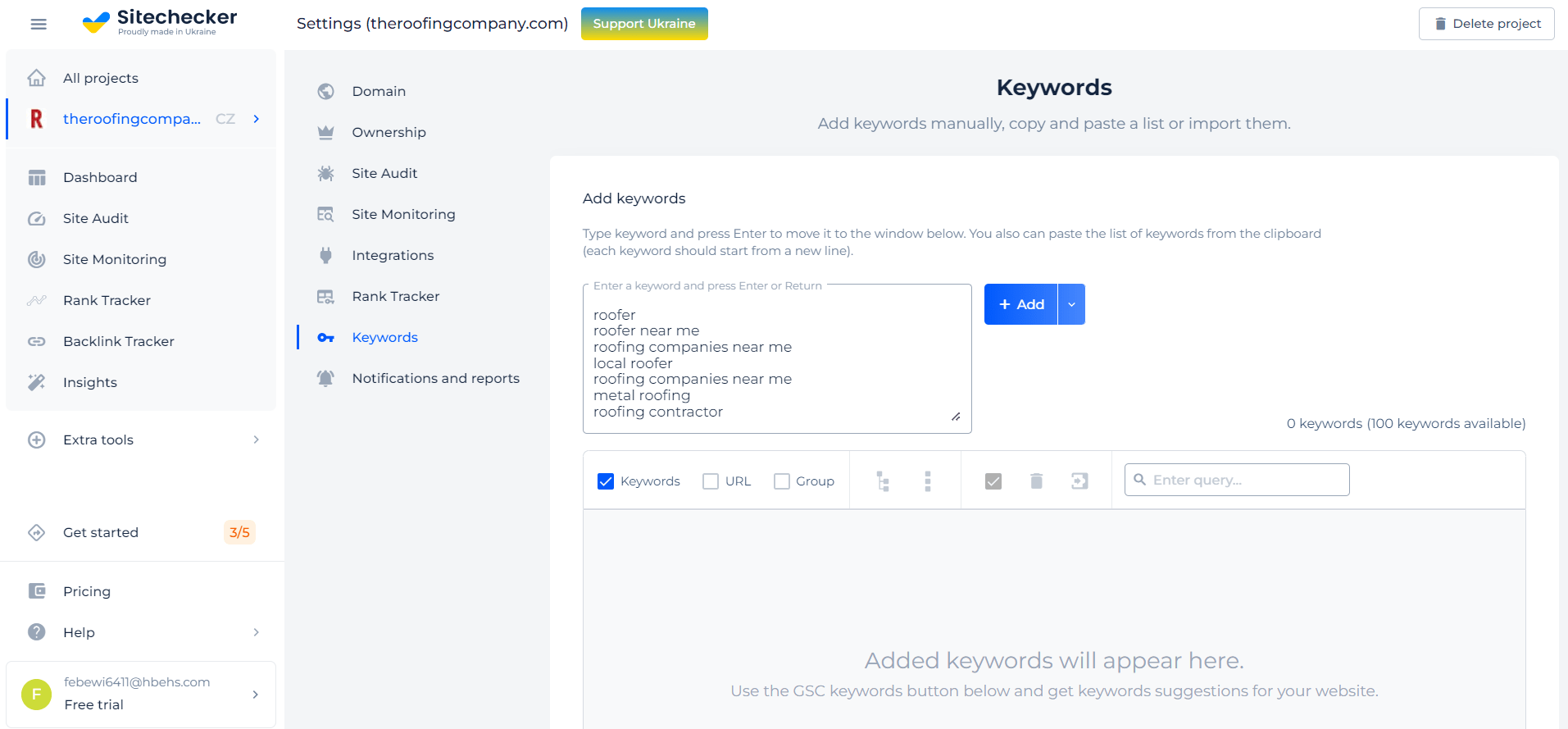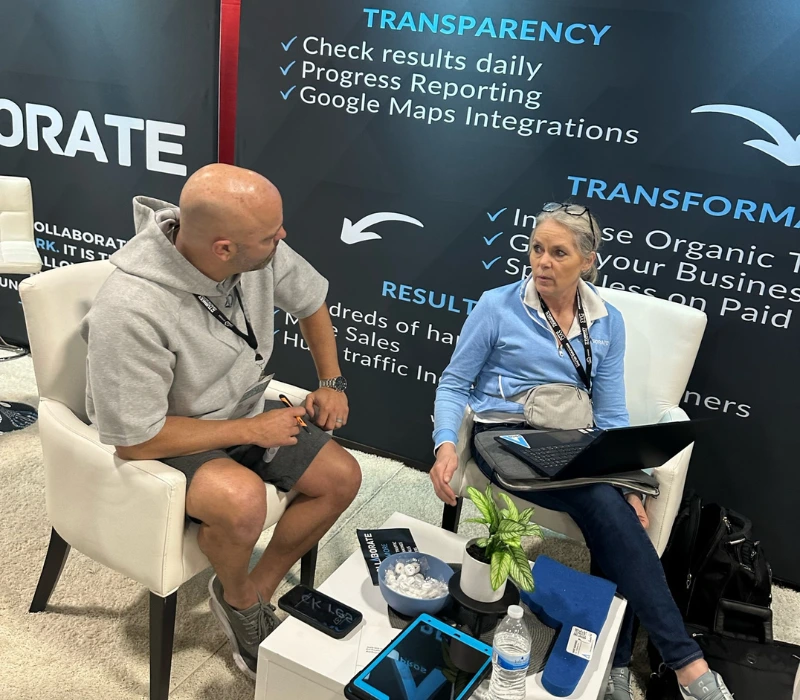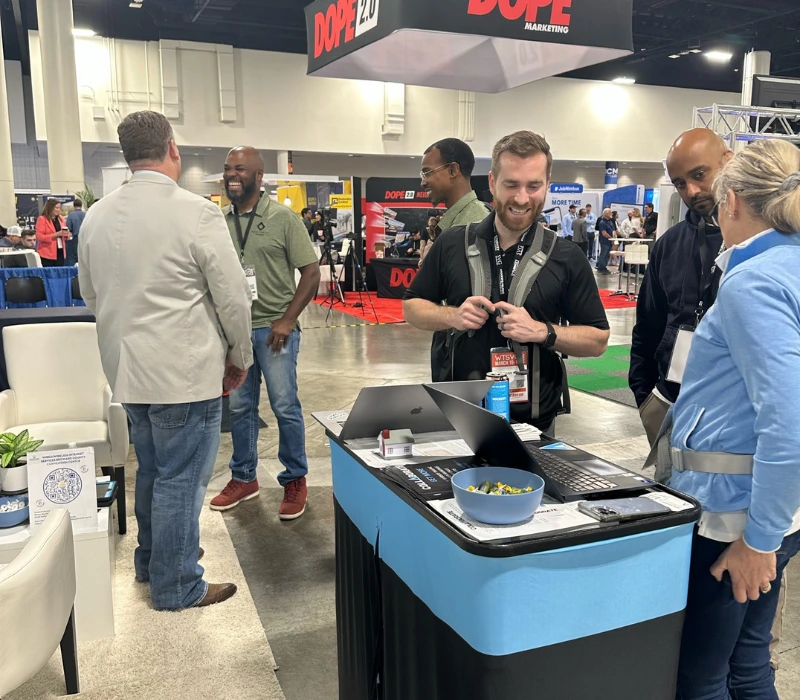
When it comes to roofing SEO, a website’s speed is an extremely important factor. You need to make sure that your website loads quickly and that it loads properly on mobile devices. You can do a few things to make your website load faster. However, keep in mind that mobile users have some hardware and connectivity issues that may slow down your site. Also, the touchscreen navigation on mobile devices may lead to accidental clicks. So, it’s important to design your website with the user in mind first.
Content
Providing quality content to your website is essential to its success. Content must be written to be relevant and useful to your targeted audience. You need to include relevant keywords in the title, H1 and H2 tags, as well as in the content itself. You should also incorporate synonyms where appropriate. Content should also be easily readable for the audience. Inbound links from reputable organizations are very helpful for your website. They serve as a digital endorsement, which can help you get higher rankings.
Adding keywords to your content is essential to attract targeted traffic and boost your search engine rankings. Keyword research can help you determine what your target audience is looking for, and how to best address it. Keywords are also helpful in identifying pain points in the target audience.
XML sitemaps
XML sitemaps for roofing SEO professionals help the search engines understand your website better. They can also identify duplicate content. Having duplicate content is not only frustrating for users, but also bad for SEO. Having broken links is another SEO problem that can hurt your business. The other problem with duplicate content is that it makes it difficult for Google to rank pages and makes other pages invisible.
Google recently issued an update that aimed to tackle duplicate content. Duplicate content dilutes link value and decreases your chances of ranking for competitive keywords. Additionally, it can make your site look cluttered with low-quality content.
On-page SEO
Your roofing website should be optimized to include the right keywords in all pages. The best place to place your keywords is in the title tags, meta descriptions, and headers and footers. You want to incorporate your keywords naturally to ensure that your site is easily found by customers. You can also include customer reviews to provide a sense of peace of mind and encourage leads to do more research. Images also help connect your visitors with your work. Make sure to use relevant alt-image text to promote your keywords.
Another factor to consider when doing your roofing SEO is crawler accessibility. This will make sure that your website is easily found by search engines and will increase the chances of being ranked higher on Google. Moreover, having relevant content on your site can double your website’s conversion rate.
Page speed optimization
For a roofing business to be successful, its website should be fast and optimized for page speed. People tend to bounce away from a website with a slow page speed. This can negatively affect SEO. Roofing SEO pros will focus on improving page speed for their sites. They will use three different metrics to determine how fast their site should be.
Page speed optimization is one of the most important elements of SEO. While on-page SEO refers to the optimization of your website, off-page SEO is concerned with elements outside your site. Having a strong social media presence can also help your website rank well in search results.
Local SEO
To get more leads, roofing companies must optimize their websites for local searches. This requires a constant optimization effort and best practices. A team of expert SEOs from Ronkot can help. They specialize in strategic SEO for small businesses. They will analyze your data and give recommendations to increase your visibility. In addition, they will make sure your website appears on Google’s SERPs in your area.
On-page SEO includes keywords and other content on your website. This is important because Google will consider everything about your website when evaluating your search queries. For example, if your company has multiple locations, you will need to optimize each of them separately to ensure that your business is visible online.



















